What are the different types of redispersible polymer powder?
Redispersible polymer powders (RPPs) are versatile additives used in a variety of industries, including construction, paints and coatings, adhesives, and more. These powders can be customized to suit specific applications and requirements, resulting in various types of redispersible polymer powders. Here are some common types:
Vinyl Acetate Ethylene (VAE) Redispersible Polymer Powder: VAE RPPs are among the most widely used types. They are produced by copolymerizing vinyl acetate and ethylene. VAE RPPs offer good adhesion, flexibility, and excellent water resistance, making them ideal for applications like tile adhesives, cement-based renders, and self-leveling compounds.
Vinyl Acetate Versatate (VeoVa) Redispersible Polymer Powder: VeoVa RPPs are based on the copolymerization of vinyl acetate and a small amount of VeoVa monomers. They provide enhanced flexibility, adhesion, and resistance to alkali and UV radiation. These properties make them suitable for use in exterior insulation and finish systems (EIFS), cementitious renders, and crack fillers.
Acrylic Redispersible Polymer Powder: Acrylic RPPs are derived from acrylic esters and offer excellent durability, weather resistance, and flexibility. They are commonly used in waterproofing membranes, cement-based adhesives, and flexible polymer-modified mortars.
Styrene Butadiene (SB) Redispersible Polymer Powder: SB RPPs are produced by copolymerizing styrene and butadiene. They provide good adhesion, flexibility, and impact resistance. SB RPPs are often used in tile adhesives, grouts, and repair mortars.

Ethylene Vinyl Acetate (EVA) Redispersible Polymer Powder: EVA RPPs are produced by copolymerizing ethylene and vinyl acetate. They offer excellent flexibility, impact resistance, and low-temperature properties. EVA RPPs are commonly used in flexible polymer-modified mortars, grouts, and sealants.
Additional reading:Unraveling the Fabric of Geotextiles: Non-Woven vs. Woven Geotextiles
What is the Difference Between a Wet Cooling Tower and a Dry Cooling Tower?
Fiberglass Mesh Drywall Tape: Unveiling the Secrets to Seamless Walls
What is a sponge filter and how does it work?
Electric Dump Truck: Revolutionizing Construction Efficiencies
How to Prevent Corrosion in GFS Agricultural Water Tanks?
How to Choose the Best Fiberglass Mesh For Waterproofing?
Polyvinyl Alcohol (PVA) Redispersible Polymer Powder: PVA RPPs are made from polyvinyl alcohol and are often used as an additive in cement-based formulations to improve workability, adhesion, and water retention.
Hydroxypropyl Methylcellulose (HPMC) Modified Redispersible Polymer Powder: HPMC-modified RPPs combine the benefits of RPPs with the water retention properties of HPMC. They are used to enhance the workability, adhesion, and open time of cement-based products.
Carboxylated Redispersible Polymer Powder: Carboxylated RPPs are modified with carboxyl groups to improve their compatibility with cement and enhance their water resistance. They are used in applications where improved adhesion and water resistance are critical.
Hydrophobic Redispersible Polymer Powder: These RPPs are designed to repel water and are often used in applications where water resistance is essential, such as in the production of water-resistant adhesives and coatings
Combination RPPs: Some RPPs are customized by blending different polymer types to achieve specific properties. For example, a combination of VAE and acrylic RPPs might be used to achieve a balance between adhesion and durability.
The choice of RDP powder type depends on the specific requirements of the application, such as adhesion, flexibility, water resistance, and durability. Manufacturers often formulate RPPs to meet these specific needs, resulting in a wide range of options for various industries.
How do I make PVC fire resistant?
What are the top 10 advantages of using pe tarpaulin canvas in your business?
Revolutionizing Building Industry: Rondy Fiberglass Mesh - How?
Ultimate Guide to Mosaic Fiberglass Mesh: Benefits, Uses & Installation Tips
Why Fiberglass Mesh is a Game Changer?
What are the benefits of a wood slat wall?
GFS Agricultural Water Storage Tanks: Enhancing Efficiency and Sustainability in Farming
135
0
0
Related Articles
-
Benefits of Belleville Washers
210
0
0


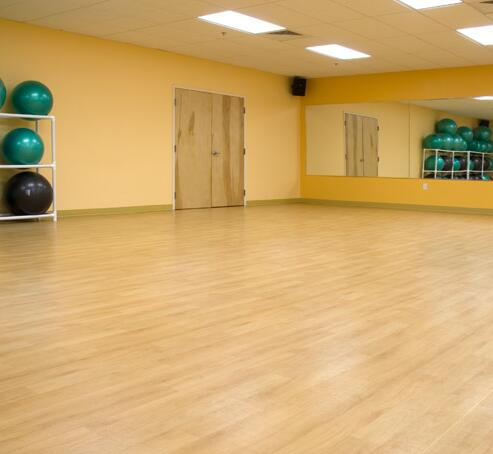
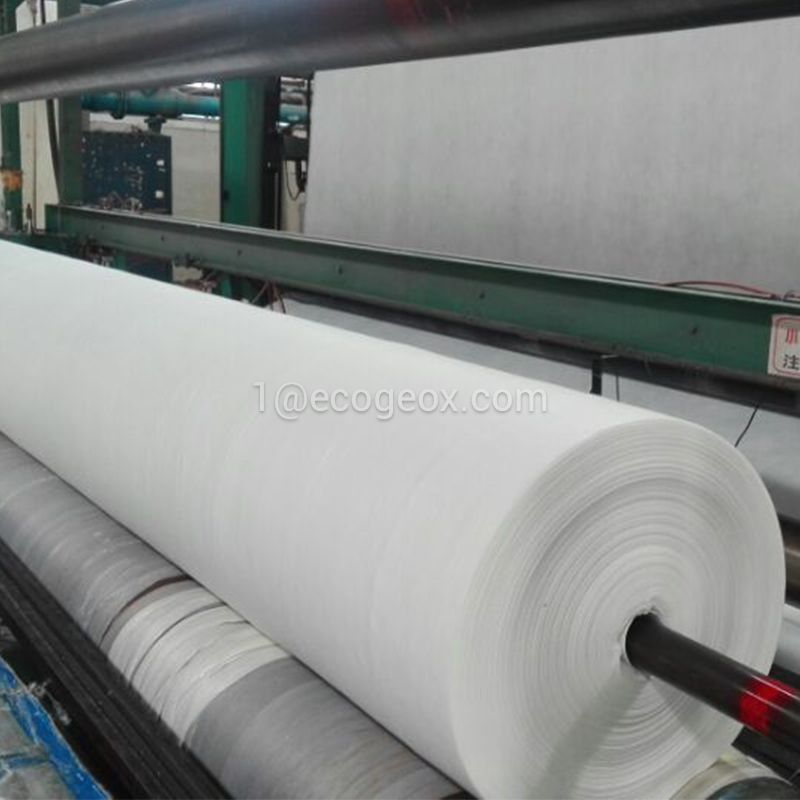
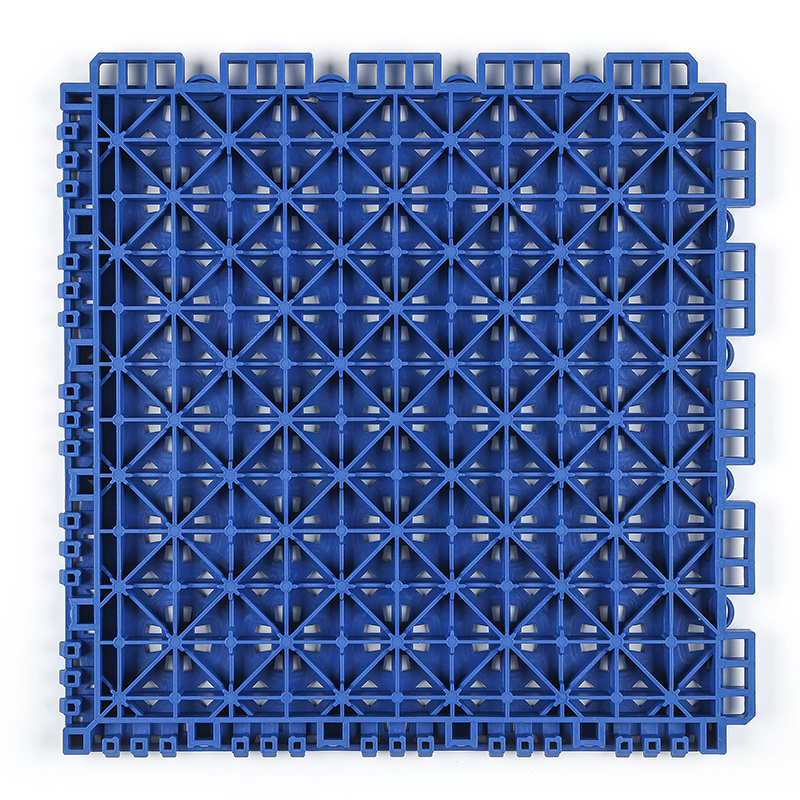
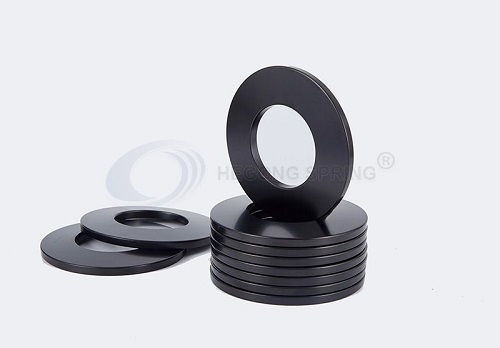

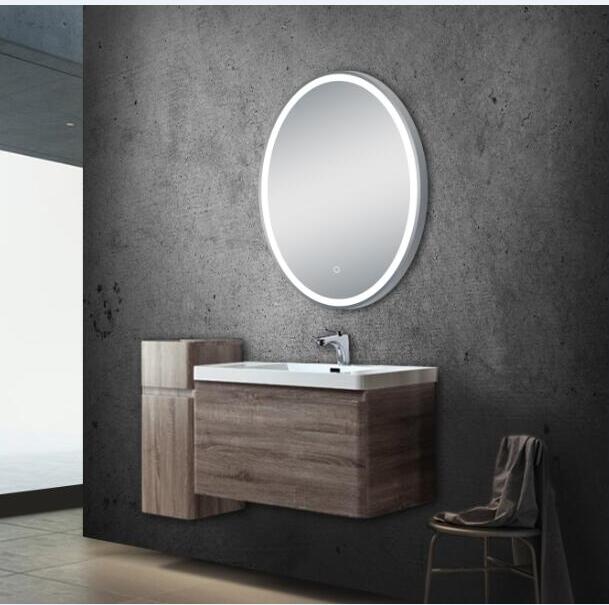
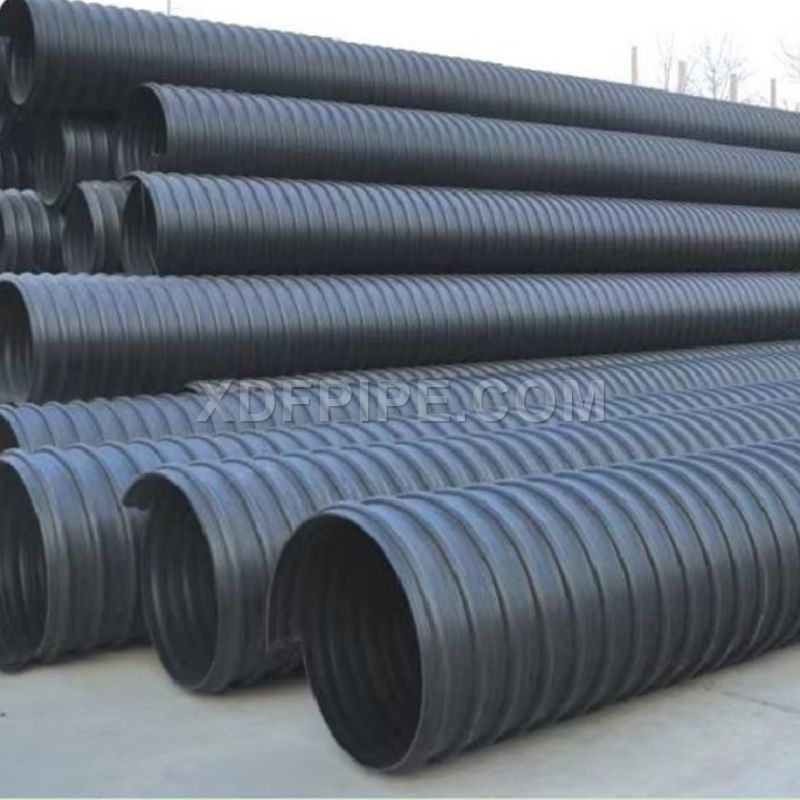
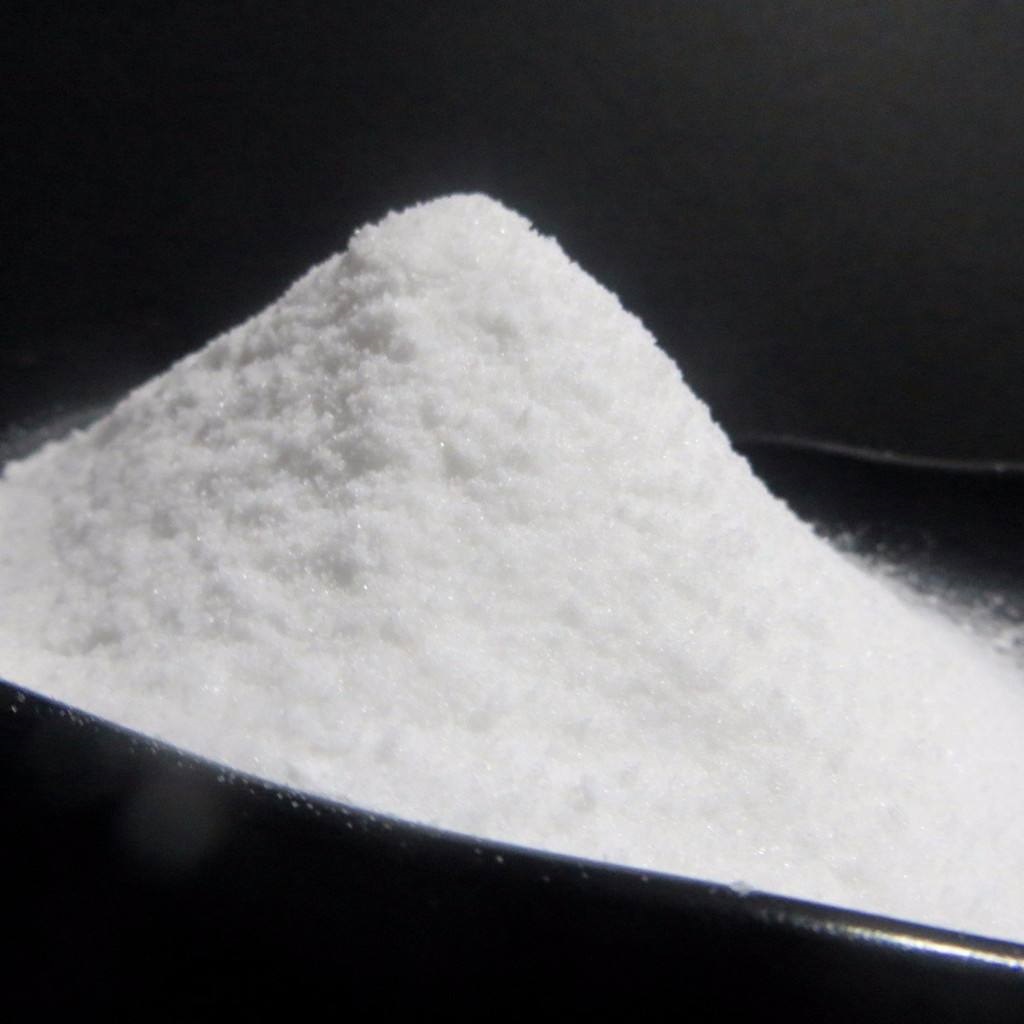
Comments
All Comments (0)